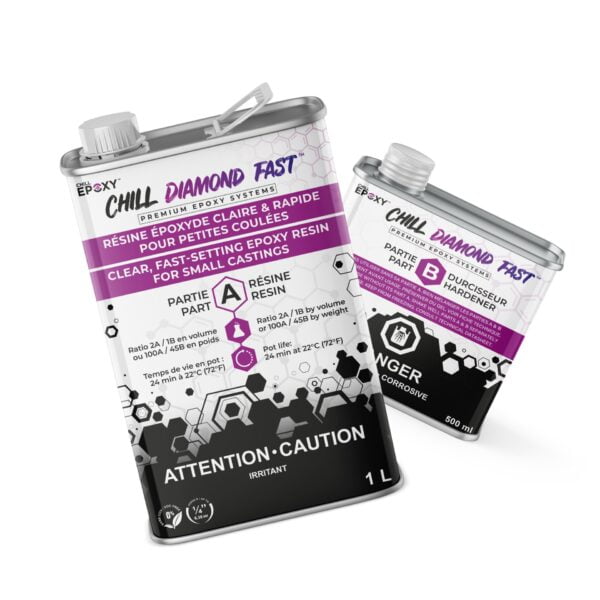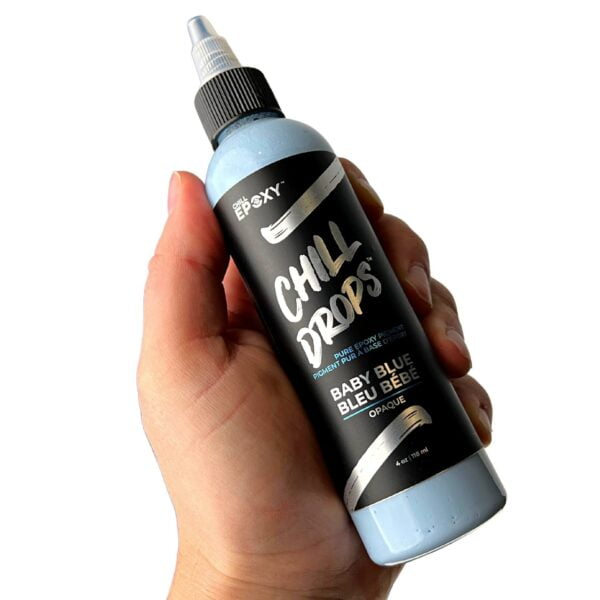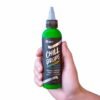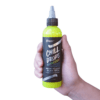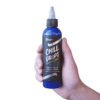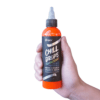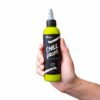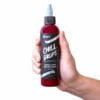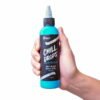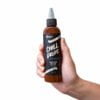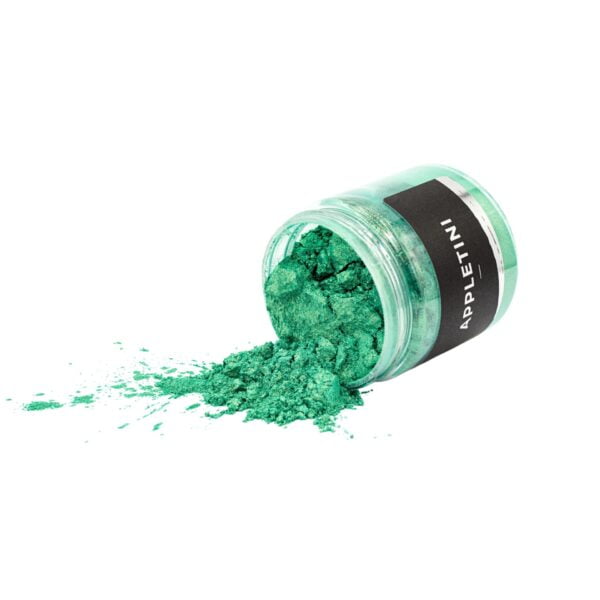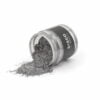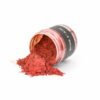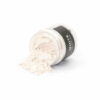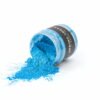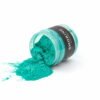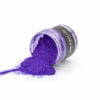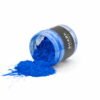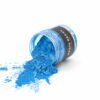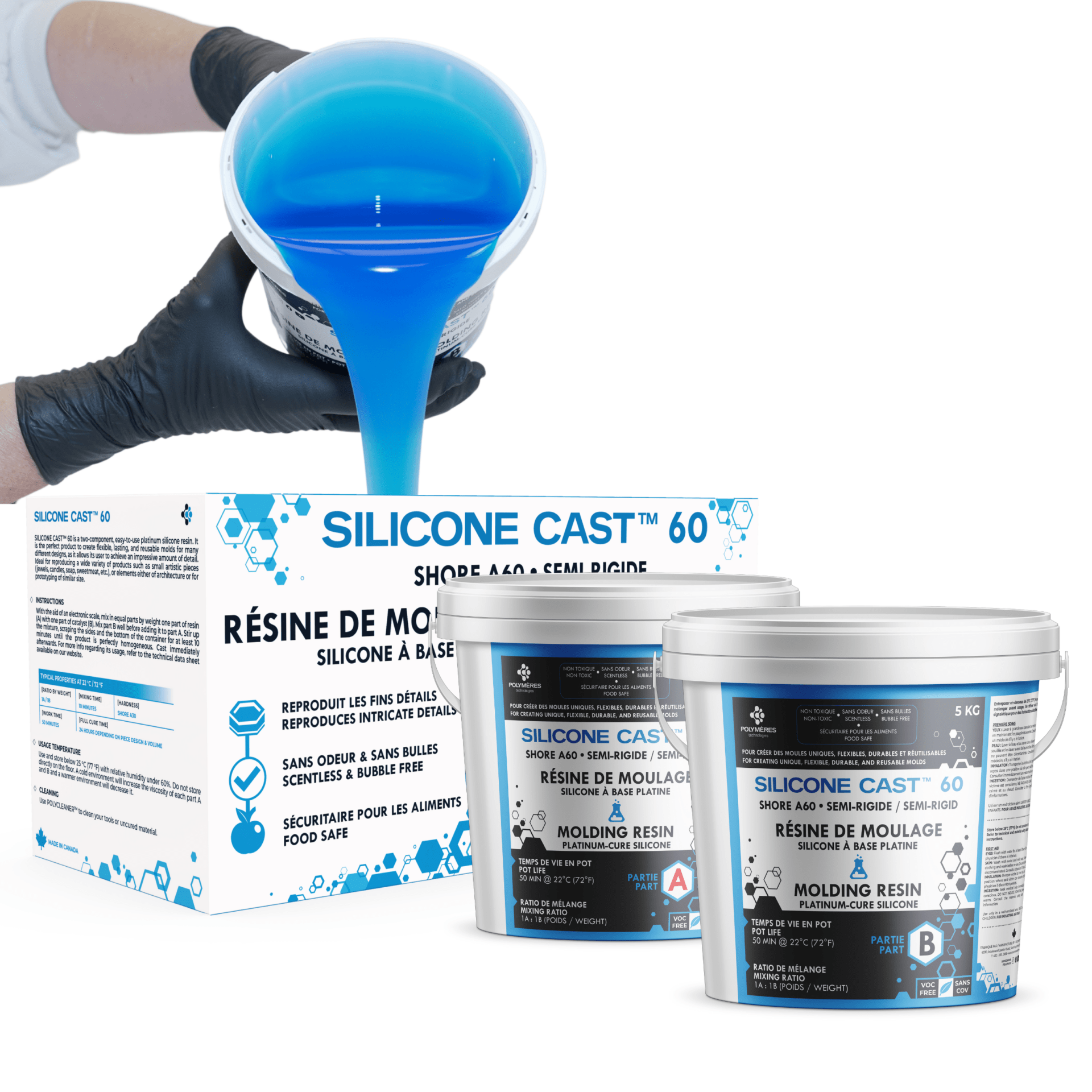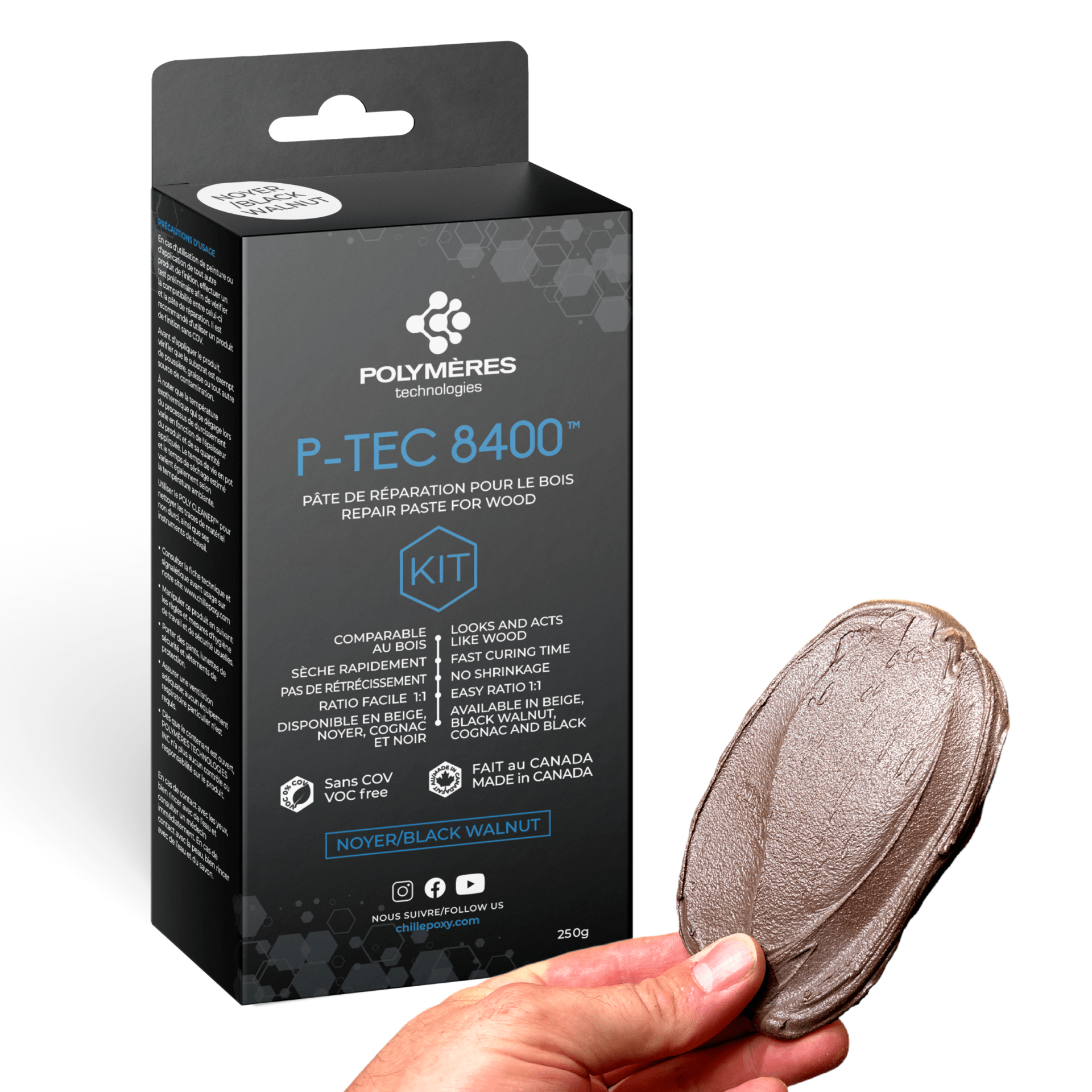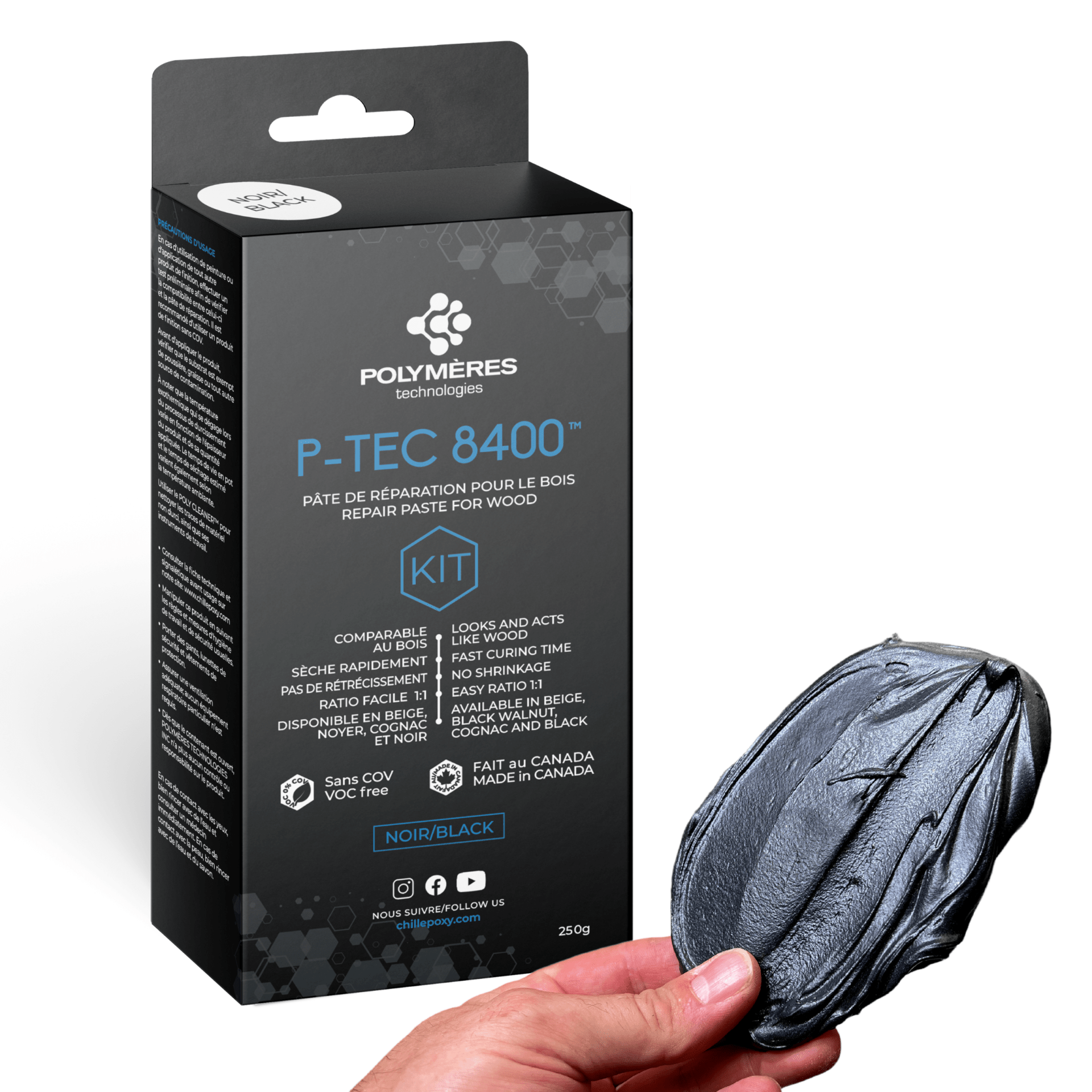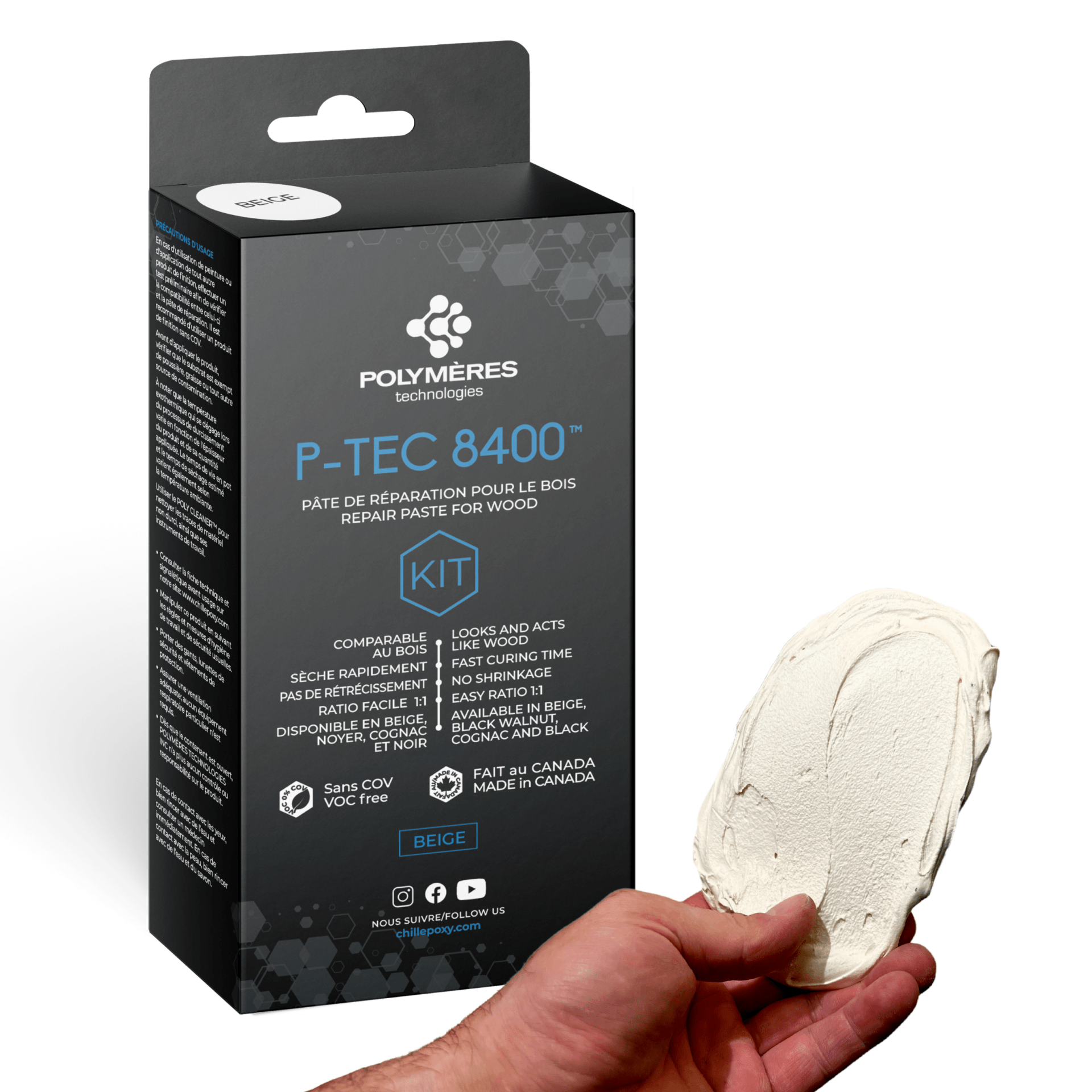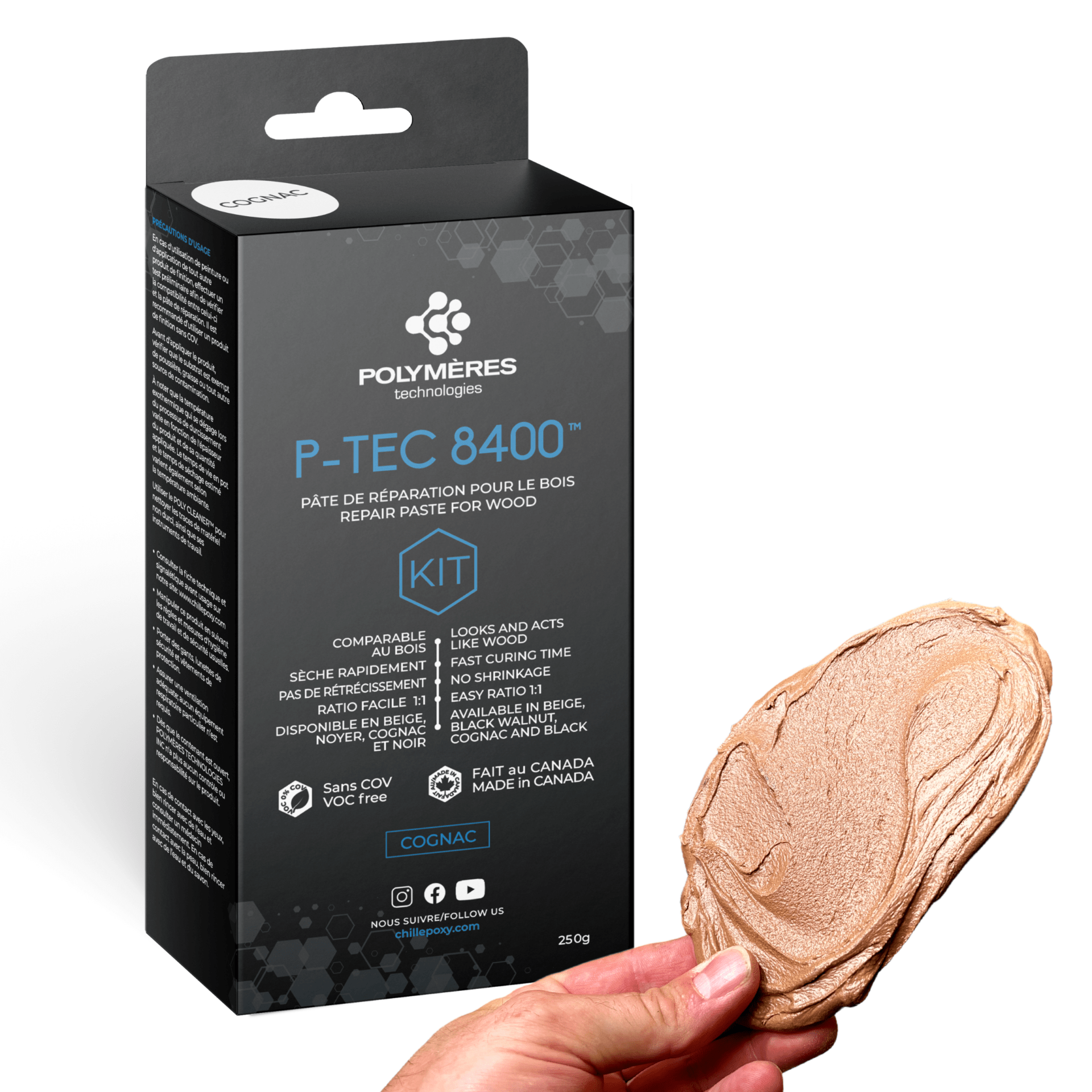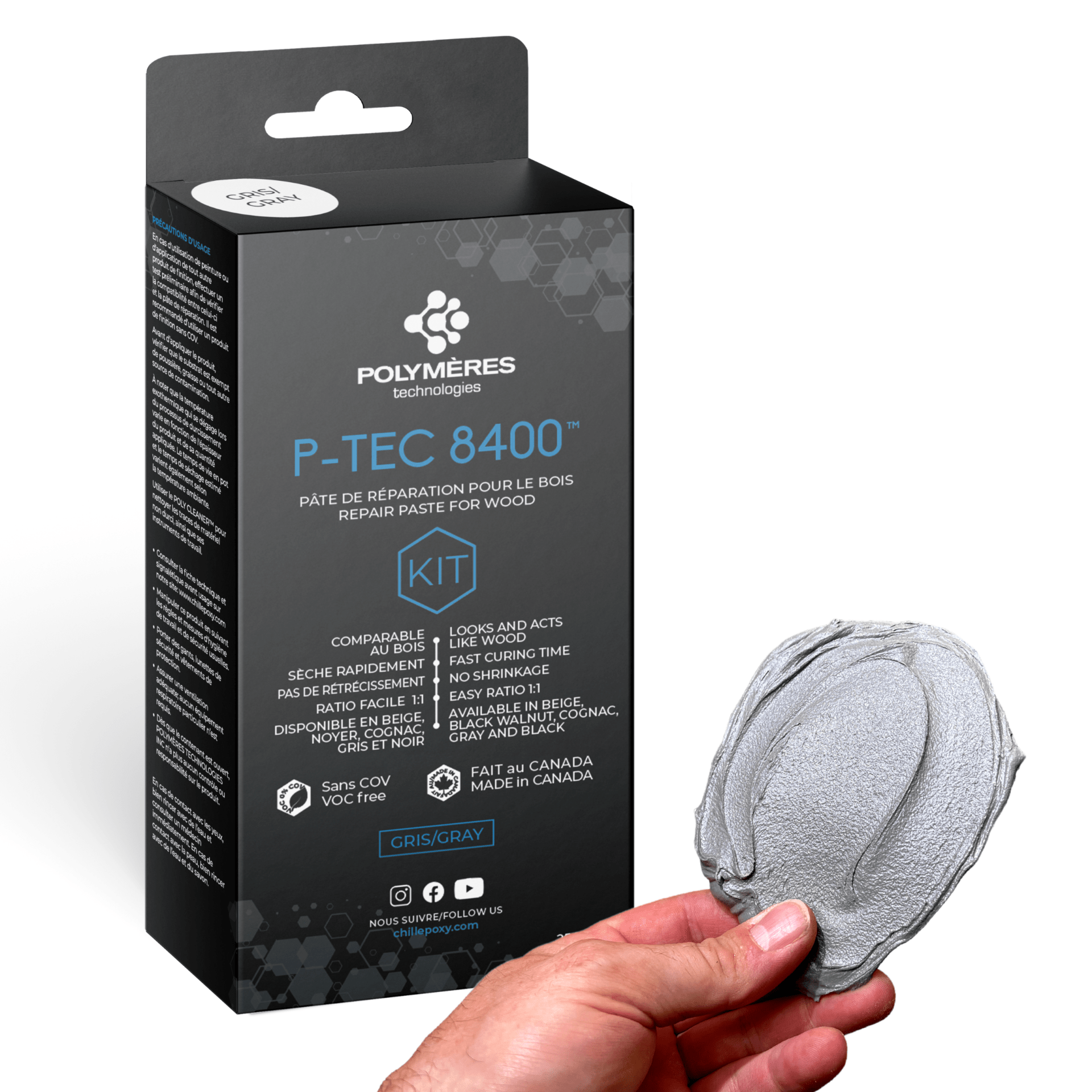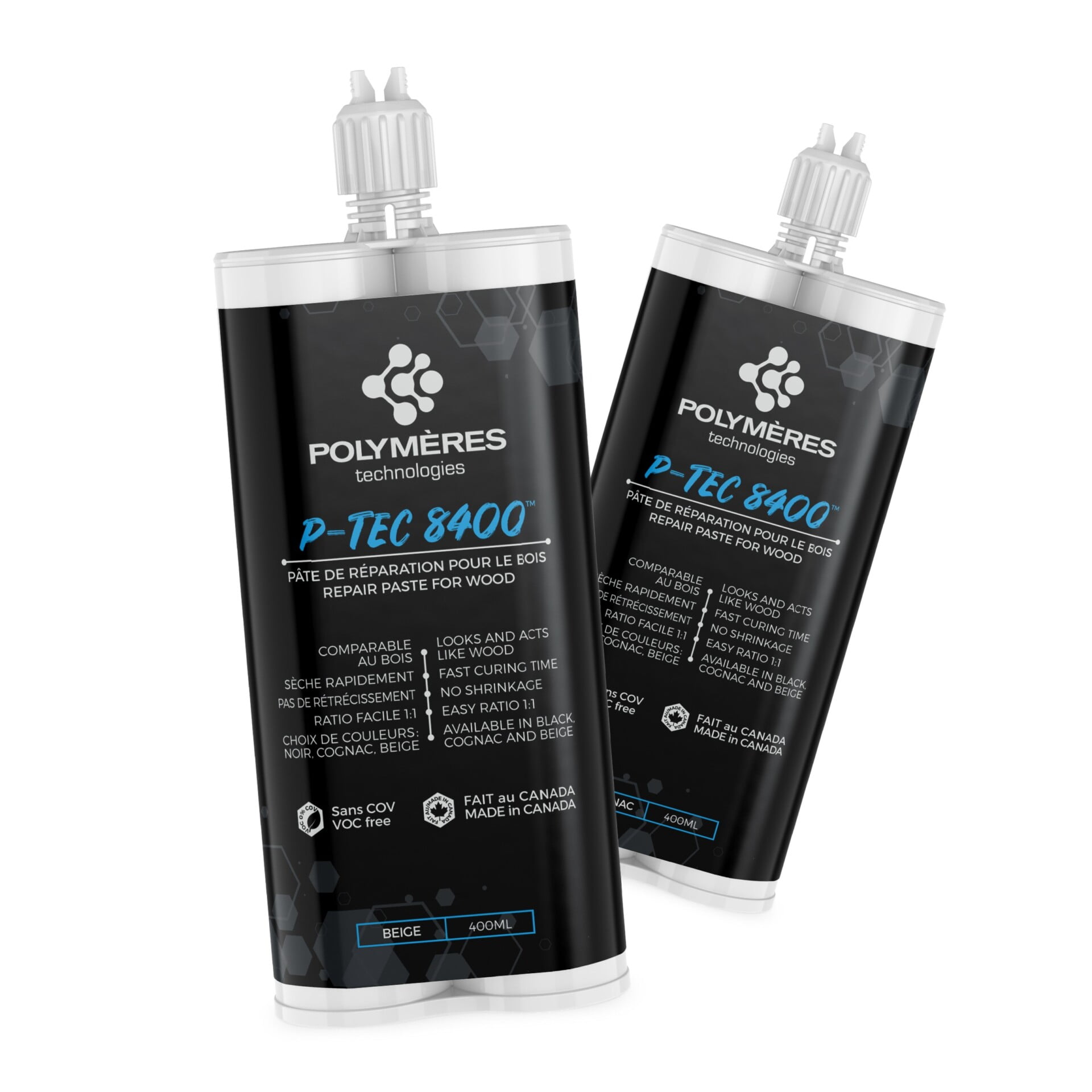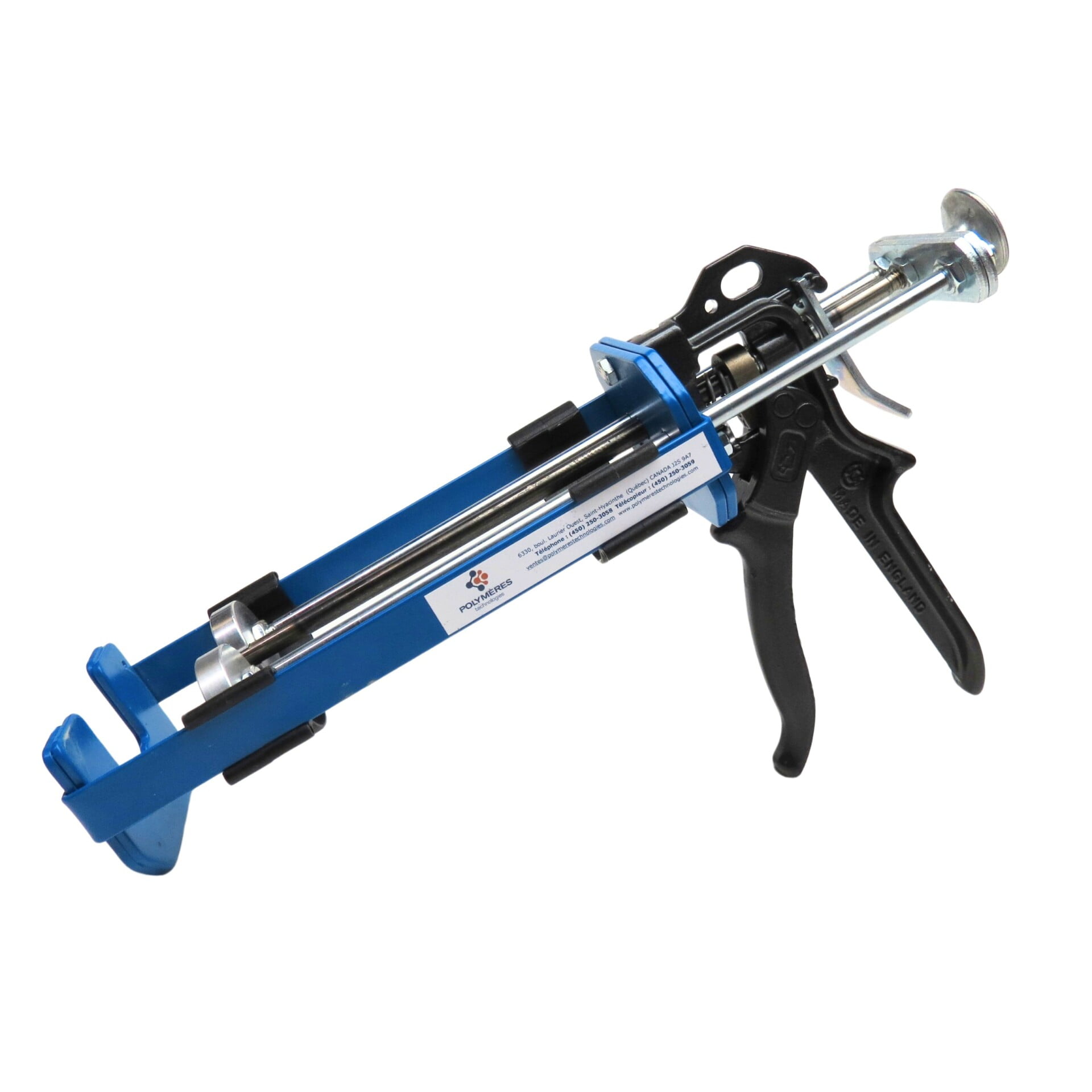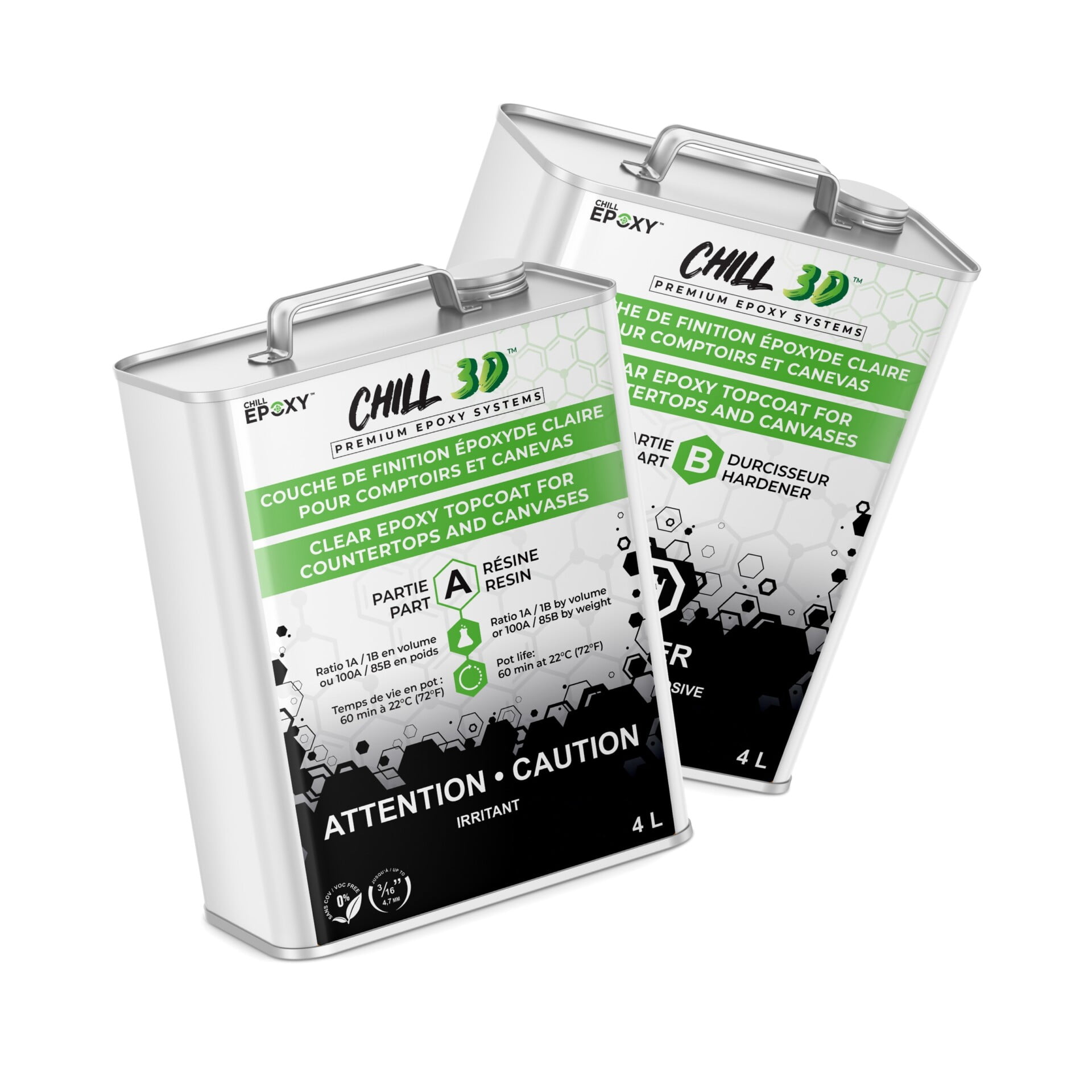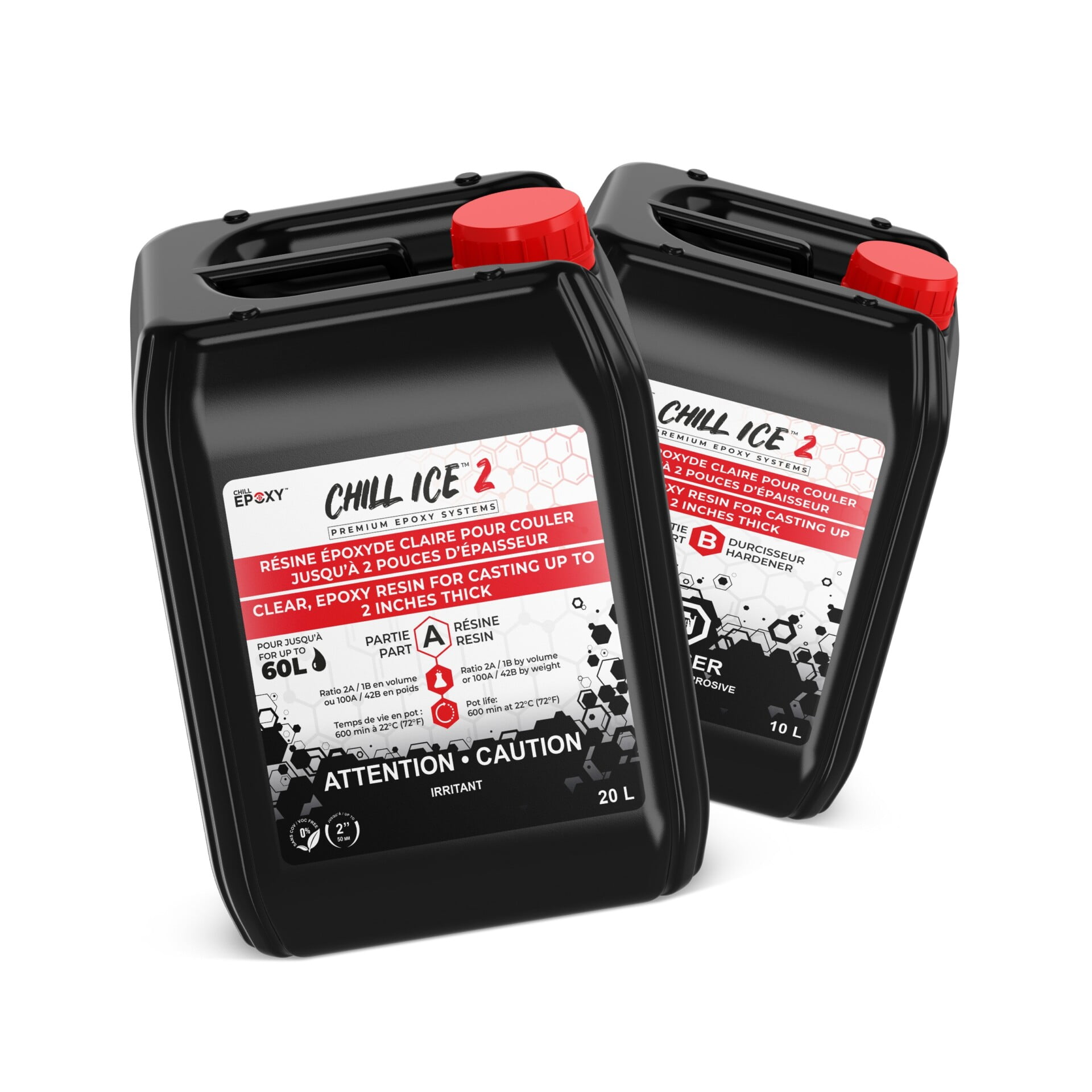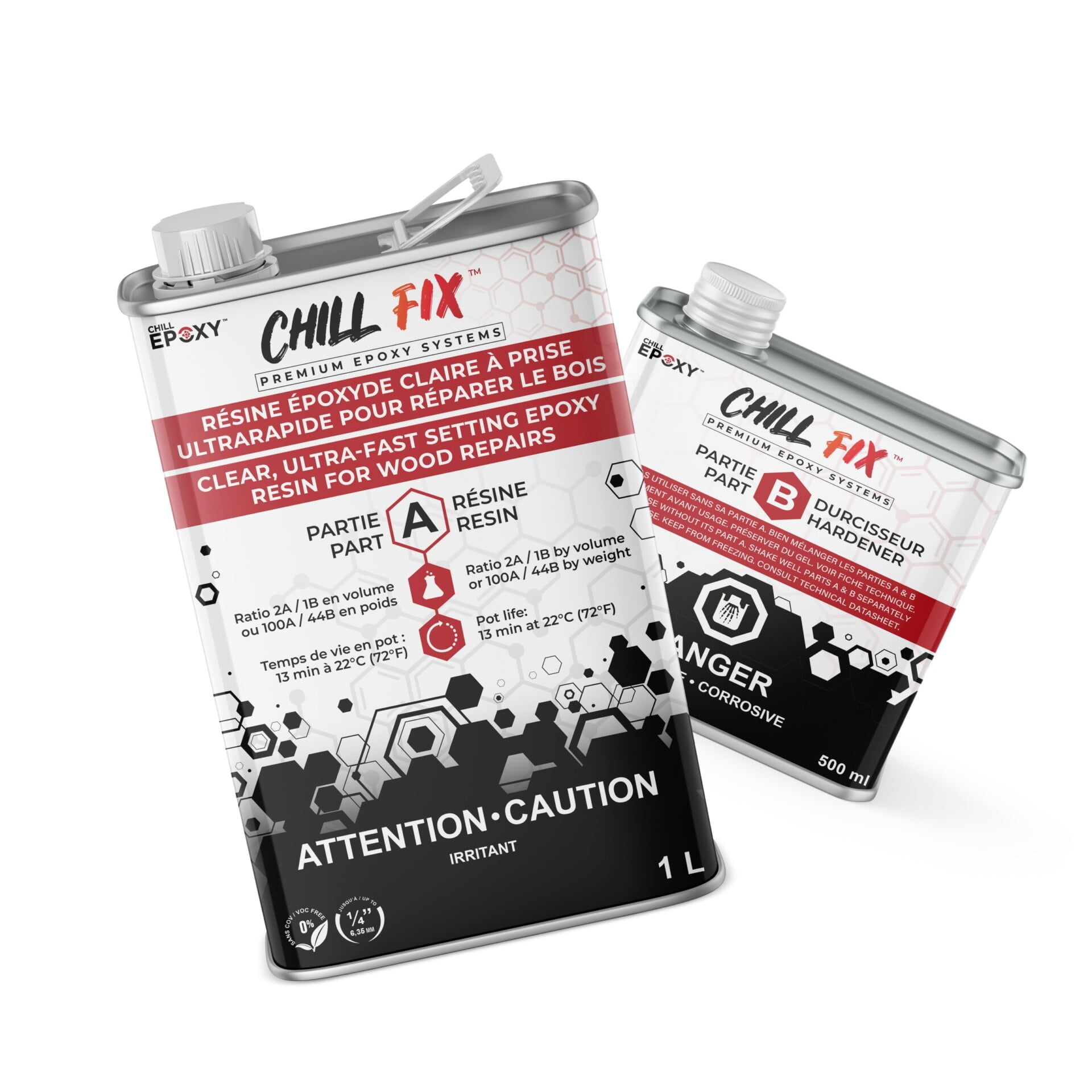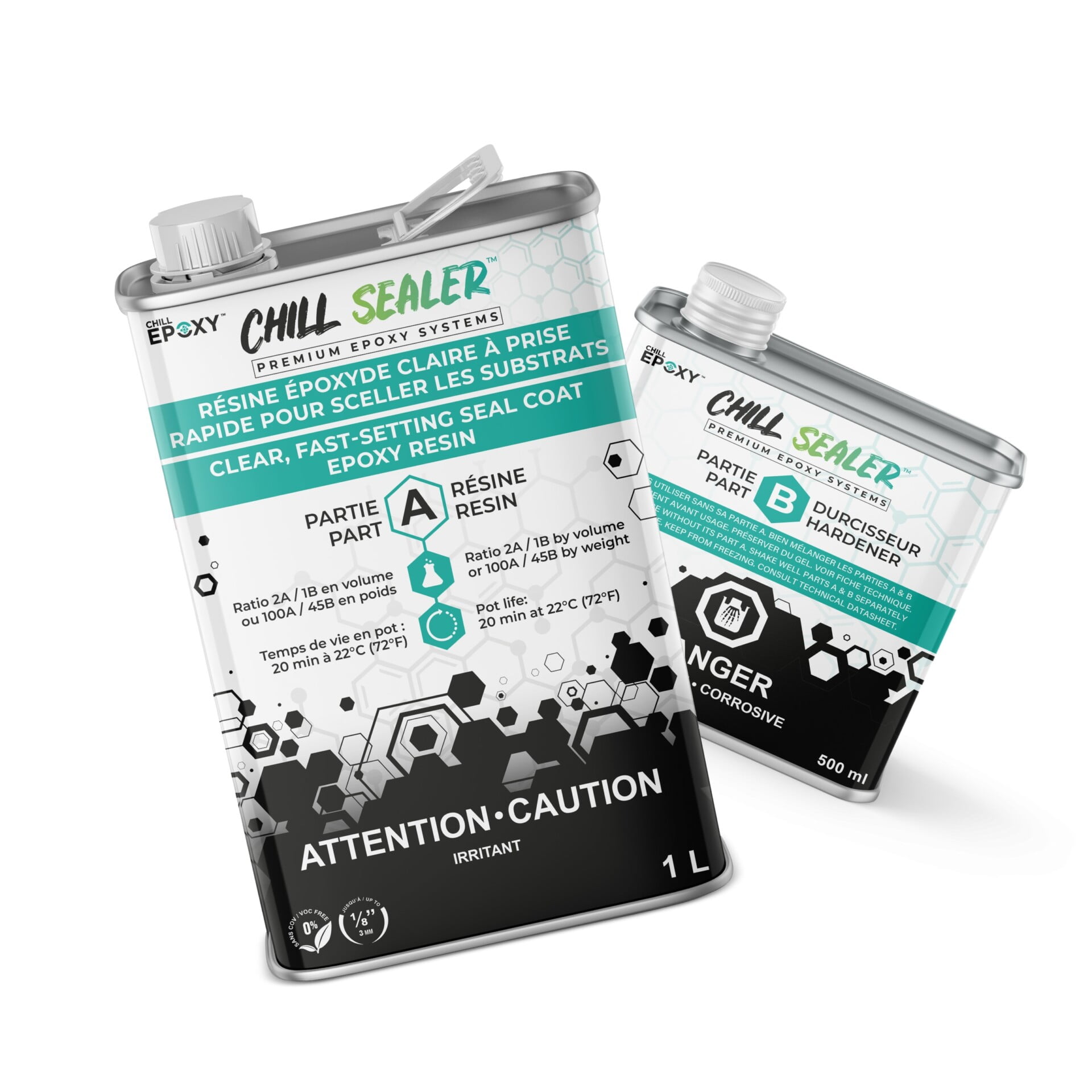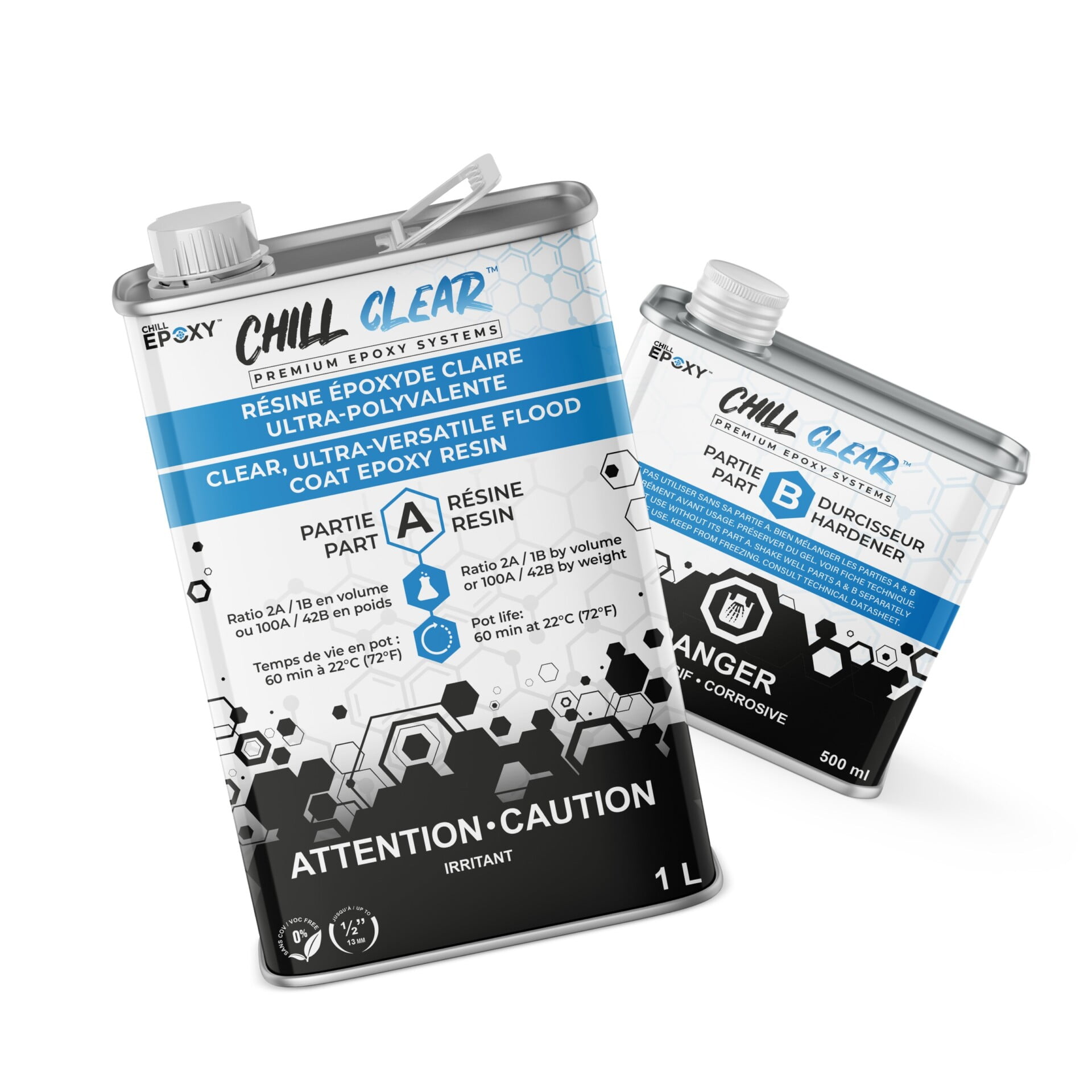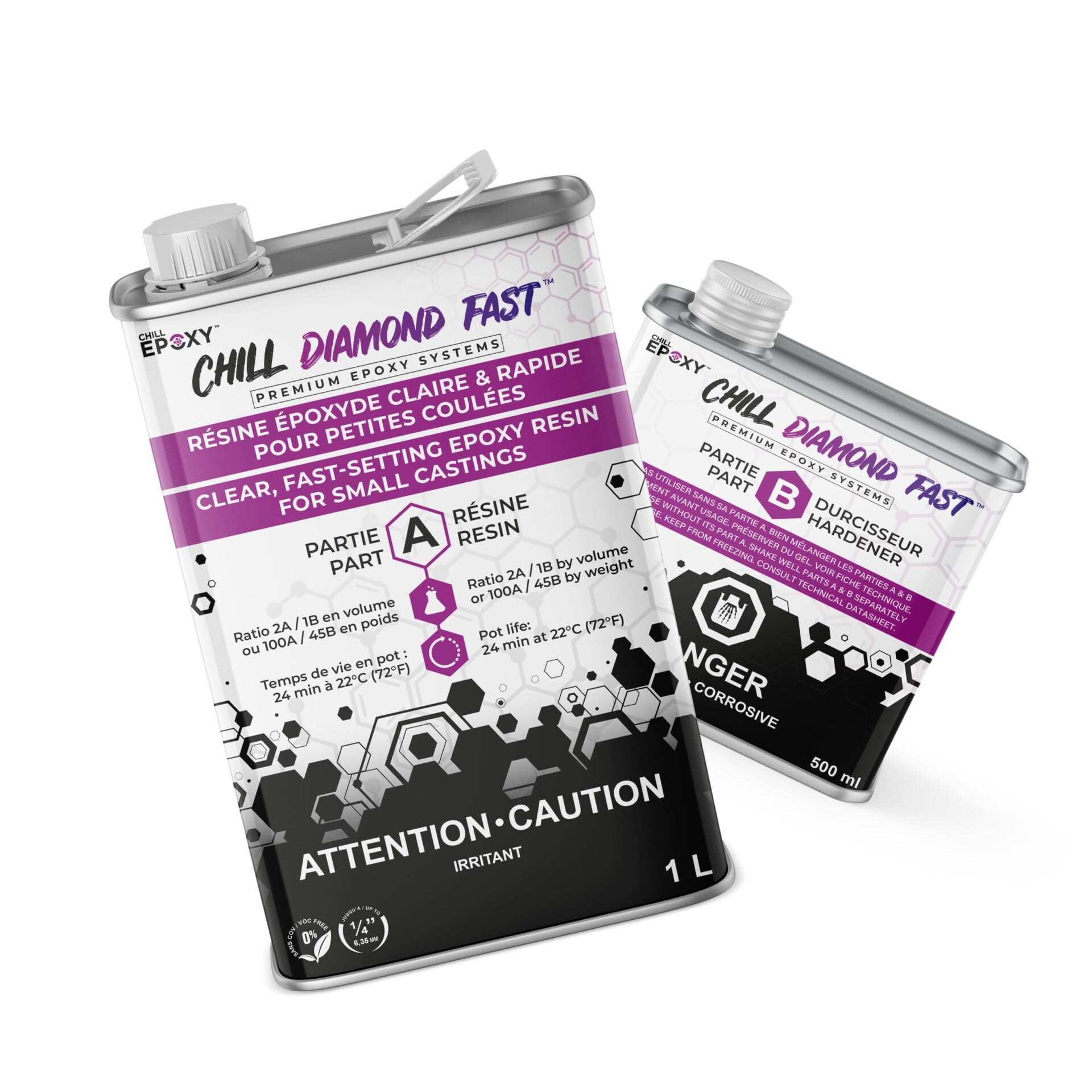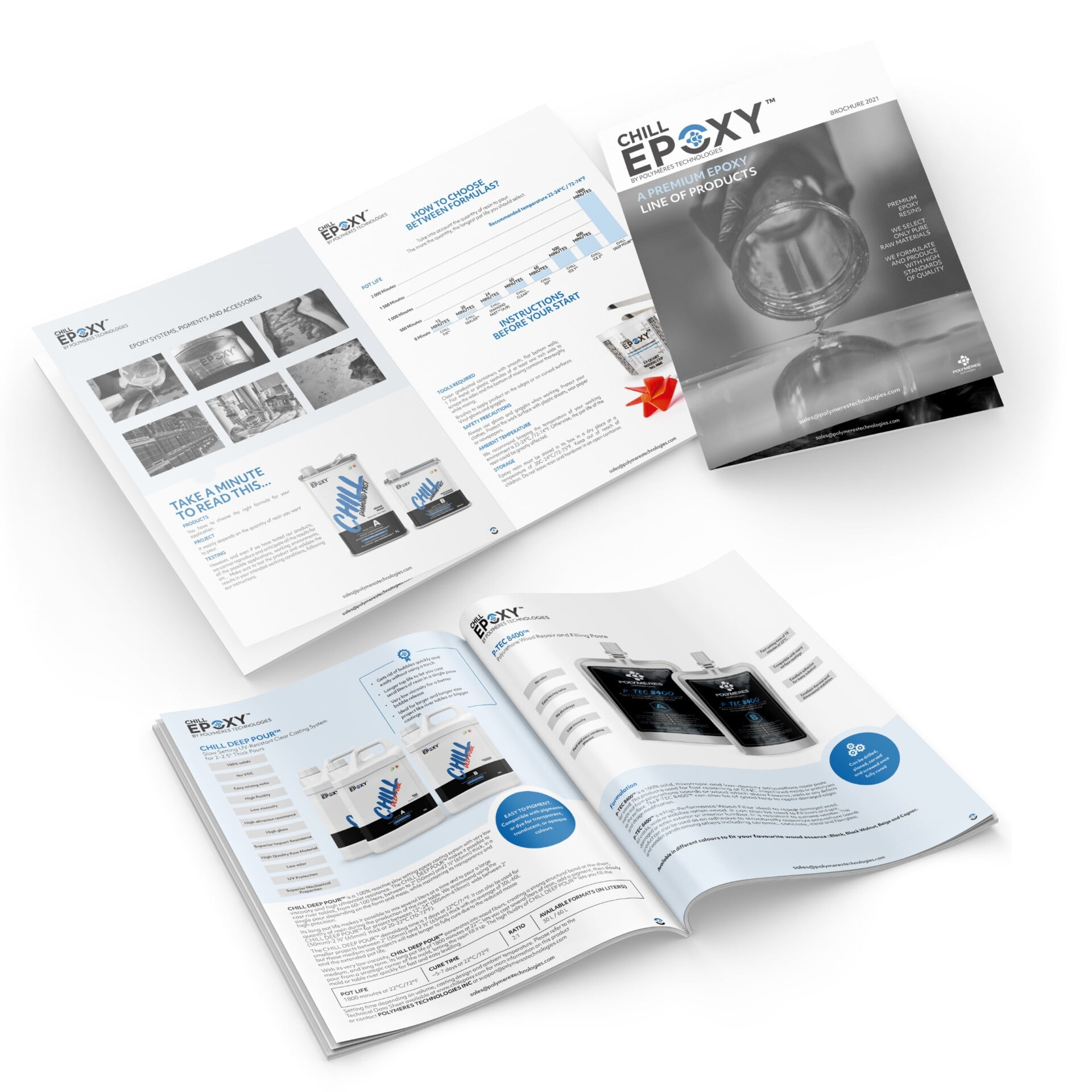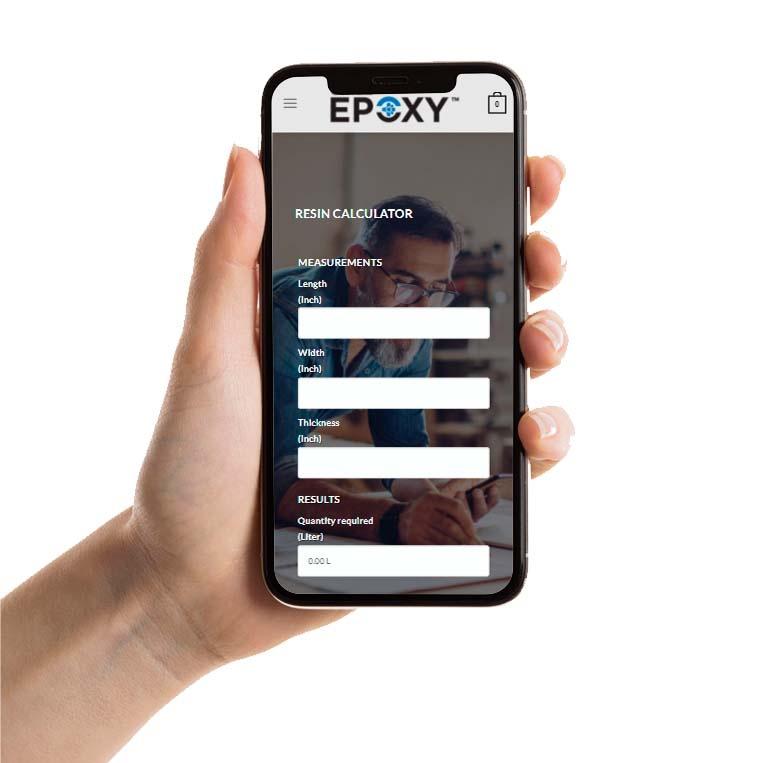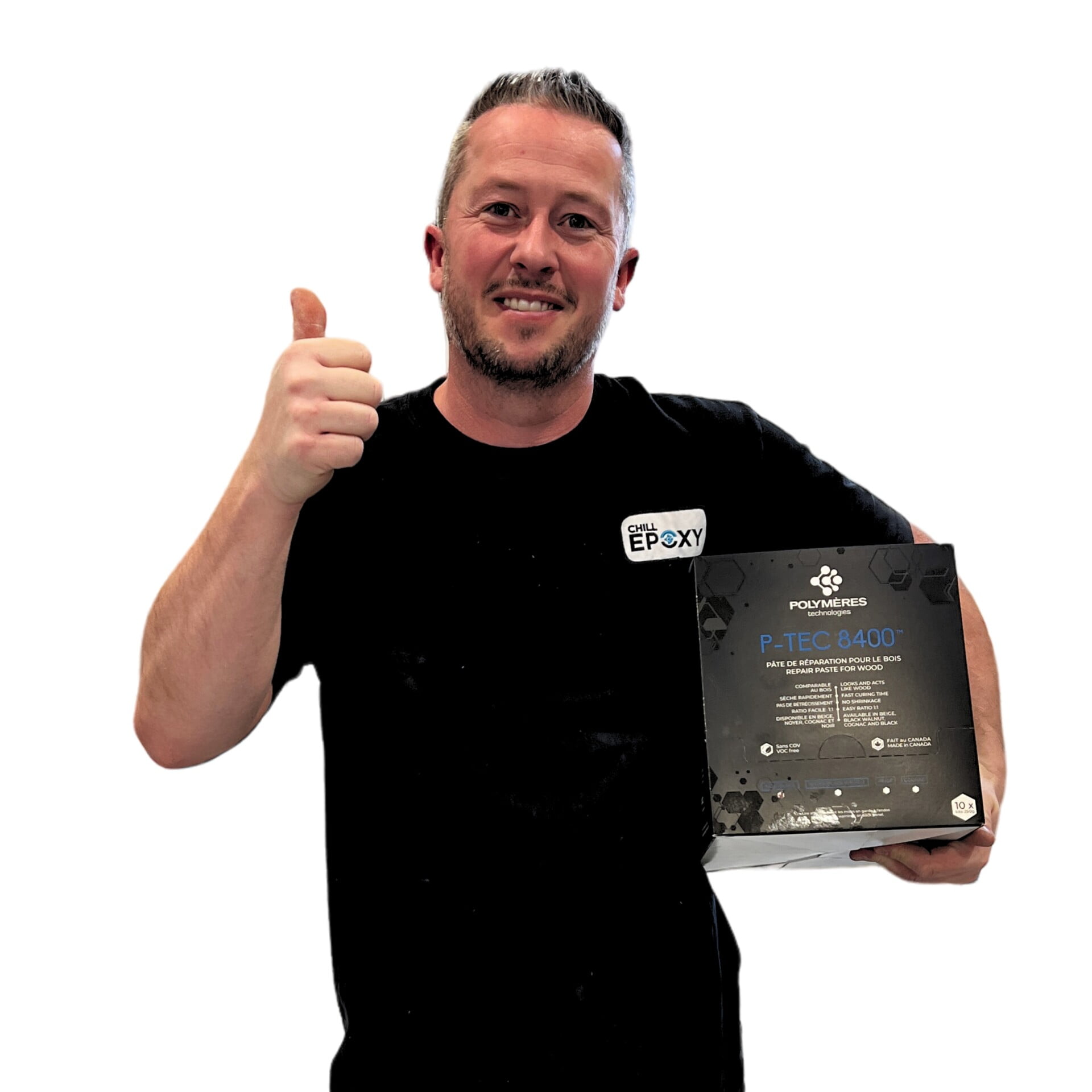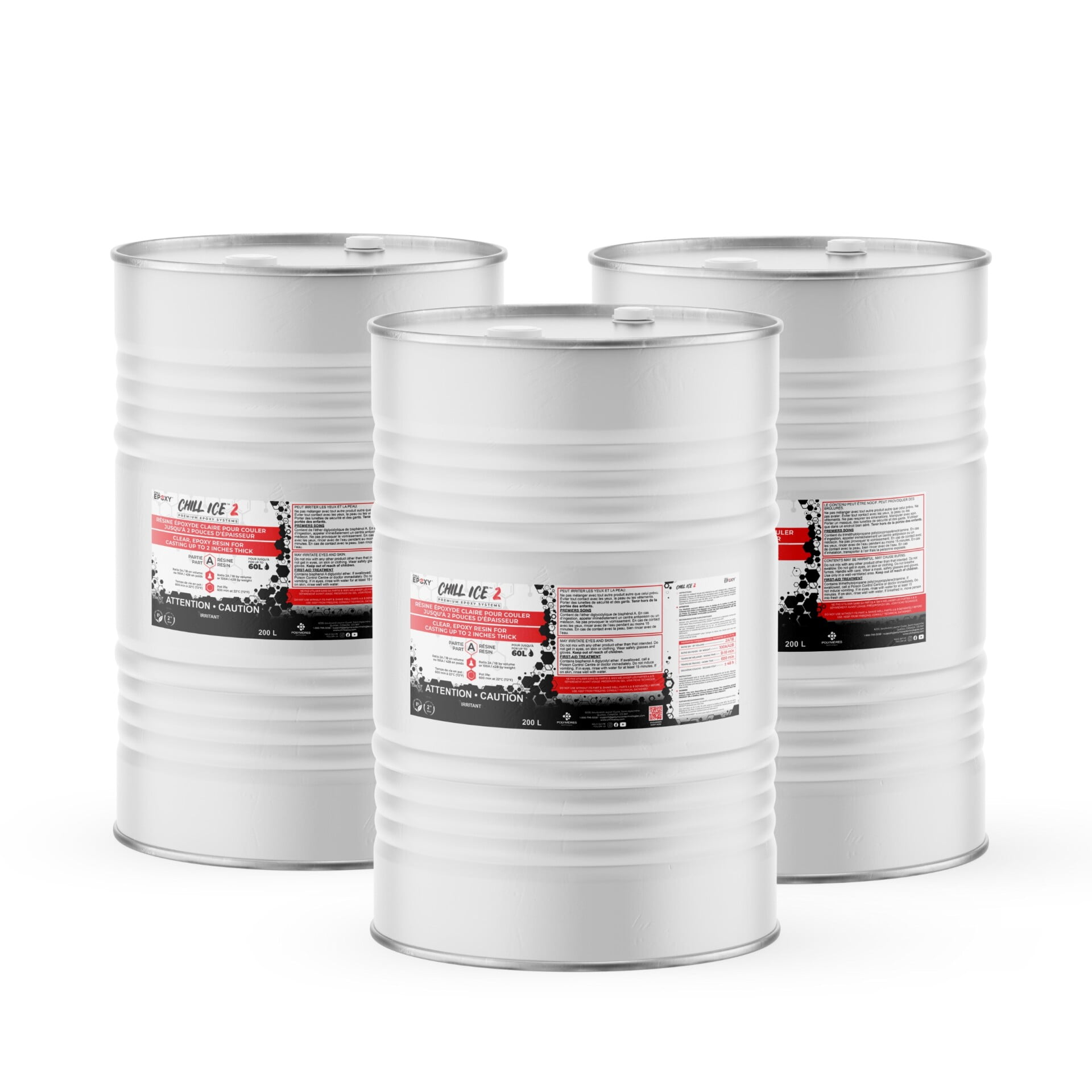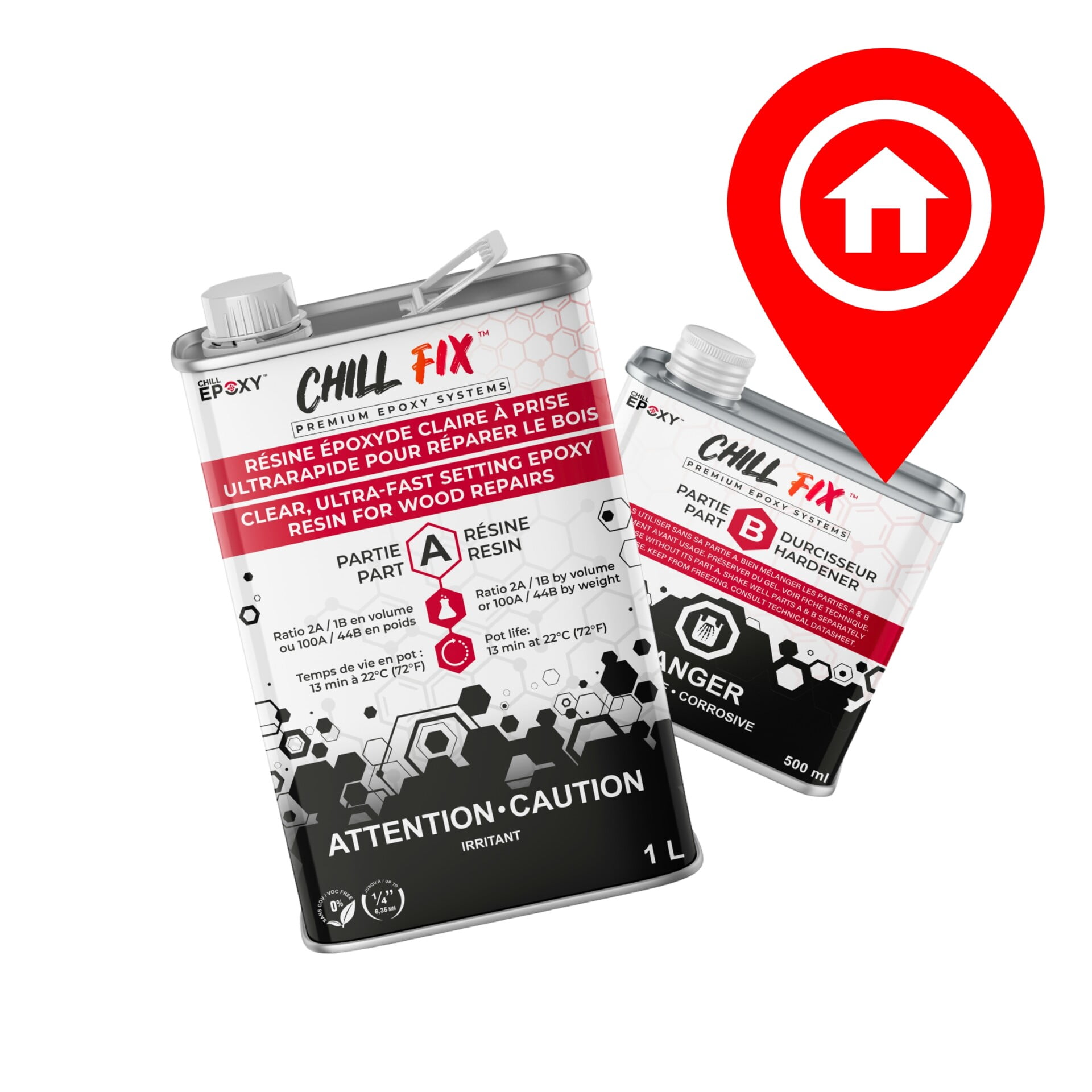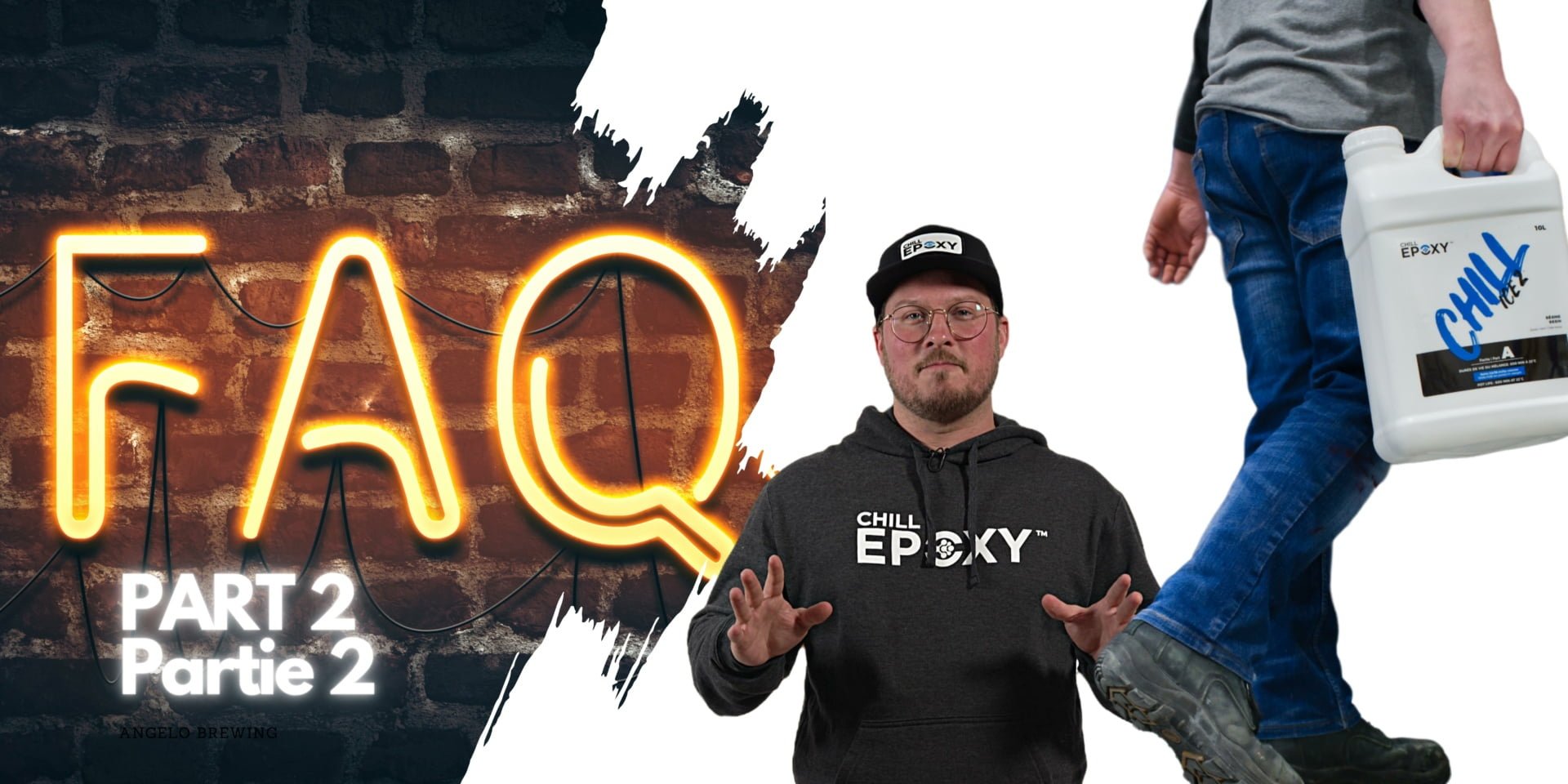Blog
Frequently Asked Questions About Epoxy Resin Part 2
Frequently Asked Questions About Epoxy Resin Part 2
Frequently Asked Questions About Epoxy Resin. Who among us isn’t intrigued by the almost magical transformations of raw materials into dazzling finished products? One such captivating material that has made significant inroads in various industries, from crafting to construction, is epoxy resin. But what is epoxy resin, and how does it work its magic? Let’s embark on this discovery journey together! Life can be as tricky as a jigsaw puzzle, and it’s no different when it comes to choosing the right epoxy resin for your projects. How do you navigate the sea of product choices, diverse application possibilities, and technical specifications? Fear not, for we’ve got you covered. Let’s dive into the Frequently Asked Questions about epoxy resin, and make you a master of this versatile material.
Understanding Epoxy Resin
What is Epoxy Resin?
Epoxy resin, to put it simply, is a two-component, high-gloss finish polymer primarily used for decorative and high-performance purposes. But that’s not all there is to it. As you’ll soon see, this adaptable material has many tricks up its sleeve.
In essence, epoxy resin is a type of polymer that begins life as a liquid and is transformed into a solid state through a chemical reaction. It’s this transformative property that makes epoxy resin a versatile player in many industries, from crafting to construction, and even in the tech industry.
Epoxy resin is a two-component system, comprising a ‘resin’ and a ‘hardener’. When these two are mixed together, a chemical reaction ensues, generating heat and eventually turning the liquid into a solid, durable, and glossy finish. The curing time, or the time it takes for this transformation to complete, varies depending on the specific type of epoxy and environmental conditions.
The History of Epoxy Resin: A Journey Through Time
The journey of epoxy resin to its current state of popularity began in the early 1930s. The first patents for epoxy resins were registered by a Swiss chemist, Dr. Pierre Castan. Around the same time, across the Atlantic, Dr. S.O Greenlee of the United States was also creating a similar product. It took a few more decades for this innovative material to be widely used, and since then, there’s been no looking back!
Epoxy Resin and its Unique Properties
Epoxy resin stands out from other materials due to its unique set of properties. So, what exactly makes epoxy resin so special?
- Durability: Epoxy resins are resistant to physical impacts and wear, making them ideal for use in environments that demand resilience.
- Chemical Resistance: These resins are impervious to many chemicals, including acids, solvents, and alkalis. Hence, they’re used as protective coatings in various industries.
- Adhesion: One of the key characteristics of epoxy resin is its superior adhesion to a variety of substrates. It sticks firmly to most surfaces, including wood, metal, and plastic.
- Thermal Stability: Epoxy resins can withstand high temperatures and maintain their structural integrity, making them ideal for use in high-temperature environments.
- Electrical Insulation: These resins have excellent electrical insulation properties. Thus, they are widely used in the electronics industry.
- Versatility: Epoxy resin can be tailored to achieve specific properties, making it suitable for a wide range of applications.
Where is Epoxy Resin Used?
From arts and crafts, jewelry making, to industrial applications and construction, the versatility of epoxy resin knows no bounds. Its high-gloss finish and hard-wearing properties make it a go-to choice for both creatives and professionals alike.
Frequently Asked Questions About Epoxy Resin: Delving into the Details
Frequently Asked Questions (FAQ): What is the maximum thickness this epoxy can handle?
One of the most common questions related to epoxy usage is: “What is the maximum thickness this epoxy can handle?” The answer, interestingly, depends on various factors including raw materials, reactivity, and working time. This comprehensive article delves deep into this subject, offering authoritative insights for anyone curious or professionally involved with epoxy.
Our Ultimate Deep Pour Epoxy Resin can handle thicknesses of 2-3 inches with ease. This allows you to undertake larger projects, whether you’re looking to coat a tabletop or craft a river table. But remember, patience is key here. Pouring in stages is recommended to prevent overheating and maintain the clarity of the epoxy.
Frequently Asked Questions (FAQ): Does this epoxy cure to a high-gloss finish?
Absolutely! Our epoxy resin cures to a hard, crystal-clear finish that’s as smooth as a millpond. This glossy finish not only offers an aesthetic appeal but also provides a layer of protection for your underlying material. Imagine the gleaming surface of a polished gemstone, that’s the kind of finish we’re talking about!
Frequently Asked Questions (FAQ): Is the epoxy resistant to yellowing?
Indeed, it is. No one likes a masterpiece that fades over time. Our deep pour epoxy resin is designed to resist yellowing, providing a long-lasting charm to your creations. It contains UV inhibitors that prevent yellowing, even under prolonged exposure to sunlight. This way, the beauty of your work continues to shine through, year after year.
Frequently Asked Questions (FAQ): Can I use this resin for jewelry making?
Certainly! The versatility of our epoxy resin makes it an ideal choice for jewelry making. The high-gloss finish adds a mesmerizing appeal to your pieces, making them stand out. Whether you’re encapsulating precious stones or creating unique patterns, the possibilities are endless. It’s time to let your creativity shine!
Frequently Asked Questions (FAQ): Does this epoxy have a strong odor?
Rest assured, it doesn’t. We’ve designed our epoxy resin formula to have a low odor. This makes it pleasant and comfortable to work with, so you can focus on crafting your masterpiece without worrying about unpleasant smells. The secret lies in the careful selection of raw materials that are known for their purity and lack of odor. By using high-quality components, we can guarantee that our epoxy will not emit any strong or unpleasant odors during application or curing.
One of the key factors contributing to our odor-free epoxy is the exclusion of aggressive and harsh chemicals from our formulation. While these chemicals may be effective in certain epoxy products, they often release strong fumes that can cause headaches, dizziness, and respiratory discomfort.
Additional FAQs: Unraveling More Mysteries
Does the epoxy resin shrink while curing?
While some degree of shrinkage is common in most resins, our epoxy resin is formulated to minimize shrinkage during the curing process. This ensures that your project maintains its desired dimensions once fully cured.
To understand whether epoxy resin shrinks while curing, it is essential to consider the characteristics of the specific epoxy being used. Not all epoxy resins shrink during the curing process. The shrinkage of epoxy resin depends on several factors, such as the specific formulation, curing conditions, and the volume and thickness of the poured epoxy.
It is important to note that high-quality epoxy resins, when mixed and applied correctly, do not shrink significantly during the curing process. This is particularly true for 100% solid epoxy resins, which do not contain any volatile solvents or diluents that evaporate during the curing process. The absence of these volatile components contributes to the epoxy’s ability to maintain its original volume and shape.
Can I color this epoxy resin?
Certainly! Our epoxy resin can be tinted with specifically formulated colorants. This allows you to create vibrant, customized hues, adding a personalized touch to your projects.
Is your epoxy Eco-friendly and Food safe?
In a world where sustainability is more crucial than ever, we’re proud to say that our epoxy resin steps up to the mark. We’re fully committed to the cause of being eco-friendly. Our epoxy resin is formulated with green chemistry principles in mind, prioritizing safety for both you and the environment. It’s not just about crafting beautiful pieces—it’s also about maintaining a beautiful world.
Even more, our epoxy resin is classified as food safe once it’s fully cured. You can use it to seal kitchenware, tabletops, and even food serving boards with peace of mind. But remember, ‘fully cured’ is the keyword here! Always make sure the resin is completely hardened before using it for food contact purposes. This way, you can enjoy the glossy charm and the functional durability of epoxy resin without compromising safety. Now, that’s what we call a win-win situation!
Frequently Asked Questions About Epoxy Resin Conclusion
In the realm of epoxy resins, knowledge is power. By understanding the intricacies of this material, you can unlock its full potential and apply it to your projects with confidence. Whether you’re a seasoned pro or a curious beginner, we hope that this FAQ guide has been enlightening. Now, it’s time to roll up your sleeves and let the magic of epoxy resin transform your ideas into tangible, gleaming reality!


